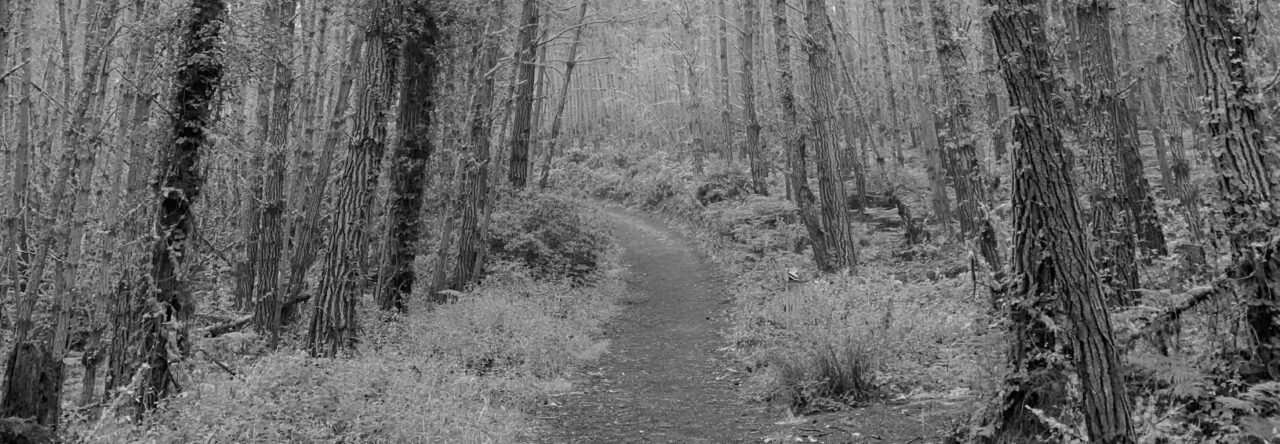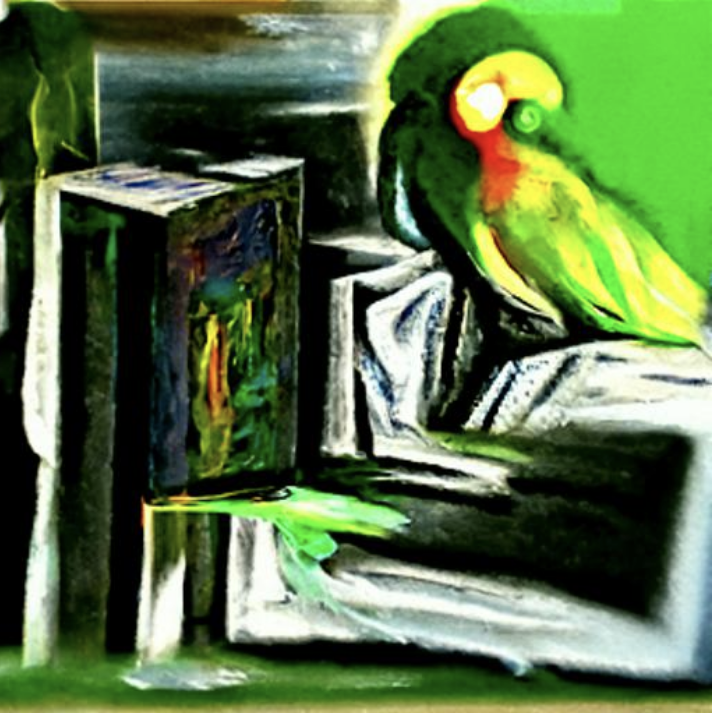Hello all! This past fall I spent a great deal of time working on a project for an English class called Medieval Proof in which I set out to build a text generating recurrent neural network with the goal of generating “literature.” It so happened that as I was doing this ChatGPT exploded in popularity and has begun to raise all sorts of ethical questions. As a physics/math/CS nerd just the challenge alone was motivation enough, but as someone for whom literature is a mainstay of life, this particular problem–that is, can a machine ever write literature–has a special importance because I believe it allows us to investigate the nature of literature. Moreover, it is crucial to explore the implications of the technology that I along with others doing similar work am helping to bring into the world.
Category: Essays

Emily Brontë’s Wuthering Heights is a novel built upon the foundations of two interconnected and interdependent stories, each chiefly concerned with a different generation of the Earnshaw, Linton, and Heathcliff families; the stories effectively form two halves of the novel, and the lives and experiences of the characters therein mesh deeply in the very soul of the work. To thus disregard the second half of the novel vouchsafes the fate of Milo; to neglect the evolution of the remainder of the work is to tear Wuthering Heights from the center, to split the rocks of Penistone Crags, and to sunder Heathcliff from his Catherine and Catherine from her Heathcliff. The themes of ignorance versus education, religion versus spirituality, and revenge versus love interact and develop through the second half of the novel, cultivating Hareton’s intellect and nobility, tempering Catherine Junior’s naive mockery and disdain, and extinguishing Heathcliff’s all-consuming drive for retribution to enable a denouement of wholesome character metamorphoses and ultimately a sense of redemption over the sins of prior generations.

Science is our salvation as a species, but until we can unhinge the heavy door of intransigence we shall remain doomed to the dark abyss of ignorance; we shall remain that sailor, swallowed by the uncontrollable maelstrom raging around us.
Oscar scholin, 2019
A world devoid of science is a perpetual night where not even the faintest stars of reason glimmer in the distance. We, in an effort to preserve our fundamental truths, often resist new ideas. While the scientific attitude does include a healthy amount of skepticism to challenge those ideas, curiosity and humility—an openness to new ideas, even if contrary to personal beliefs—are two other integral aspects to approaching science. Thus, the ramifications of people at large as skeptical and intransigent rather than skeptical and receptive are grave: millions of people dismiss science itself as unimportant or uninfluential in their lives. When people discount science, they discount reason and knowledge, and they essentially admit that they cannot and will not look beyond to understand the true nature of the universe. On a larger scale, a world that discounts science plunges itself into the filth of its own vanity and ignorance—a world whose future is as bleak and hopeless as is a sailor’s who, with his head tipped down and his hat covering his eyes, fails to heed the ominous warnings of thunderheads on a warm, lethargic summer afternoon.

